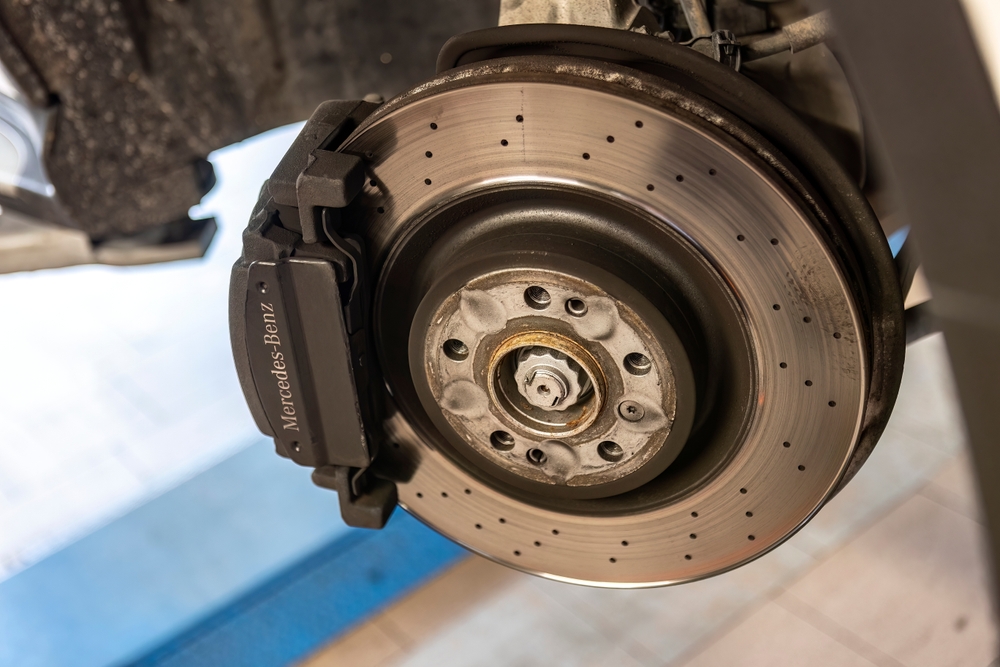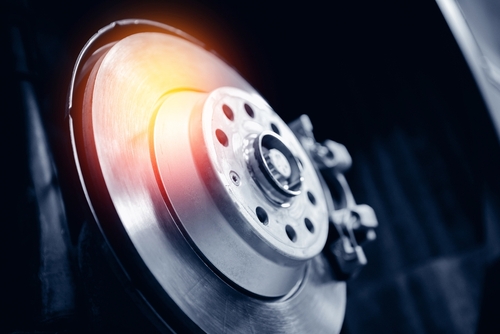Warning Signs Your European Car Needs a Brake Repair
Driving a European car can be a delight, but like any vehicle, it requires regular maintenance to ensure safety and performance. One critical aspect often overlooked until it’s too late is the condition of the brakes. Ignoring brake issues not only jeopardizes safety but can also lead to more expensive repairs down the road. Here are some essential signs that indicate your European car may need brake repair soon.
Squealing or Grinding Noises
One of the most common and noticeable signs of brake trouble is unusual noises when you apply the brakes. If you hear a high-pitched squeal or grinding sound, it often indicates that the brake pads are worn down to their limit. Modern European cars often have wear indicators built into the brake pads, which emit a squealing sound when the pads are nearing replacement. Ignoring this sound can lead to metal-on-metal grinding, which not only damages the brake rotors but also reduces braking efficiency and safety.
Soft or Spongy Brake Pedal
A brake pedal that feels soft or spongy when pressed is another warning sign that your European car needs brake attention. This could indicate air in the brake lines, brake fluid leaks, or worn-out brake pads. In any case, a soft brake pedal compromises your ability to stop quickly and safely, which can be particularly dangerous in emergency situations. If you notice changes in the firmness of your brake pedal, it’s crucial to have your brakes inspected promptly.
Vibrations or pulsations
If you feel vibrations or pulsations through the brake pedal or steering wheel when you apply the brakes, it’s likely due to warped brake rotors. Warped rotors can develop over time due to overheating, excessive braking, or even uneven torque when tightening the lug nuts. These vibrations can make braking less effective and cause uneven wear on the brake pads. Addressing warped rotors early can often save you from more extensive repairs and ensure smoother braking performance.
Longer Stopping Distances
Have you noticed that your European car is taking longer to come to a complete stop than usual? This could indicate several potential brake issues, such as worn brake pads, contaminated brake fluid, or even brake system leaks. Longer stopping distances compromise your safety on the road, especially in adverse weather conditions or sudden braking scenarios. It’s essential to address this issue promptly to ensure your brakes can perform optimally when you need them the most.
Dashboard Warning Lights
Modern European cars are equipped with advanced onboard diagnostics systems that monitor various vehicle functions, including the brake system. If your dashboard displays a brake warning light, it’s crucial not to ignore it. This light can indicate low brake fluid levels, brake pad wear, or more severe brake system malfunctions. Consulting your car’s owner manual can provide insights into the specific issue indicated by the warning light. Ignoring dashboard warnings can lead to more significant problems and compromise your vehicle’s safety.
Burning Smell
A burning smell while driving or after stopping can be a sign of overheated brakes. This often happens due to excessive braking, such as driving downhill for an extended period or riding the brakes unintentionally. Overheated brakes can cause brake fluid to boil, reducing its effectiveness and potentially damaging brake components. If you notice a burning odor, it’s essential to pull over safely, let your brakes cool down, and have them inspected by a professional to prevent further damage.
Visible Brake Pad Wear
For those who perform regular visual inspections of their European car’s components, checking the brake pads is crucial. Most brake pads have a built-in wear indicator that becomes visible as the pad wears down. If you can see less than a quarter-inch of pad, it’s likely time to replace them. Delaying replacement can lead to damage to other brake components and compromise your ability to stop effectively.
Fluid Leaks Around Wheels
If you notice fluid leaks around the wheels of your European car, it could indicate a brake fluid leak. Brake fluid is essential for transferring the pressure from the brake pedal to the brake pads, allowing you to stop the vehicle. Any brake fluid leak should be addressed immediately, as it can lead to brake failure if left unresolved. A professional inspection can identify the source of the leak and prevent potential safety hazards.
Conclusion
Regular brake inspections and maintenance are vital for ensuring the safety and performance of your European car. By paying attention to these warning signs and addressing brake issues promptly, you can prevent more extensive repairs and maintain optimal braking performance. Whether it’s unusual noises, brake pedal abnormalities, or dashboard warnings, listening to your car and scheduling regular maintenance checks will keep you safe on the road. Don’t wait until it’s too late—take care of your brakes to enjoy a smooth and safe driving experience in your European vehicle.


